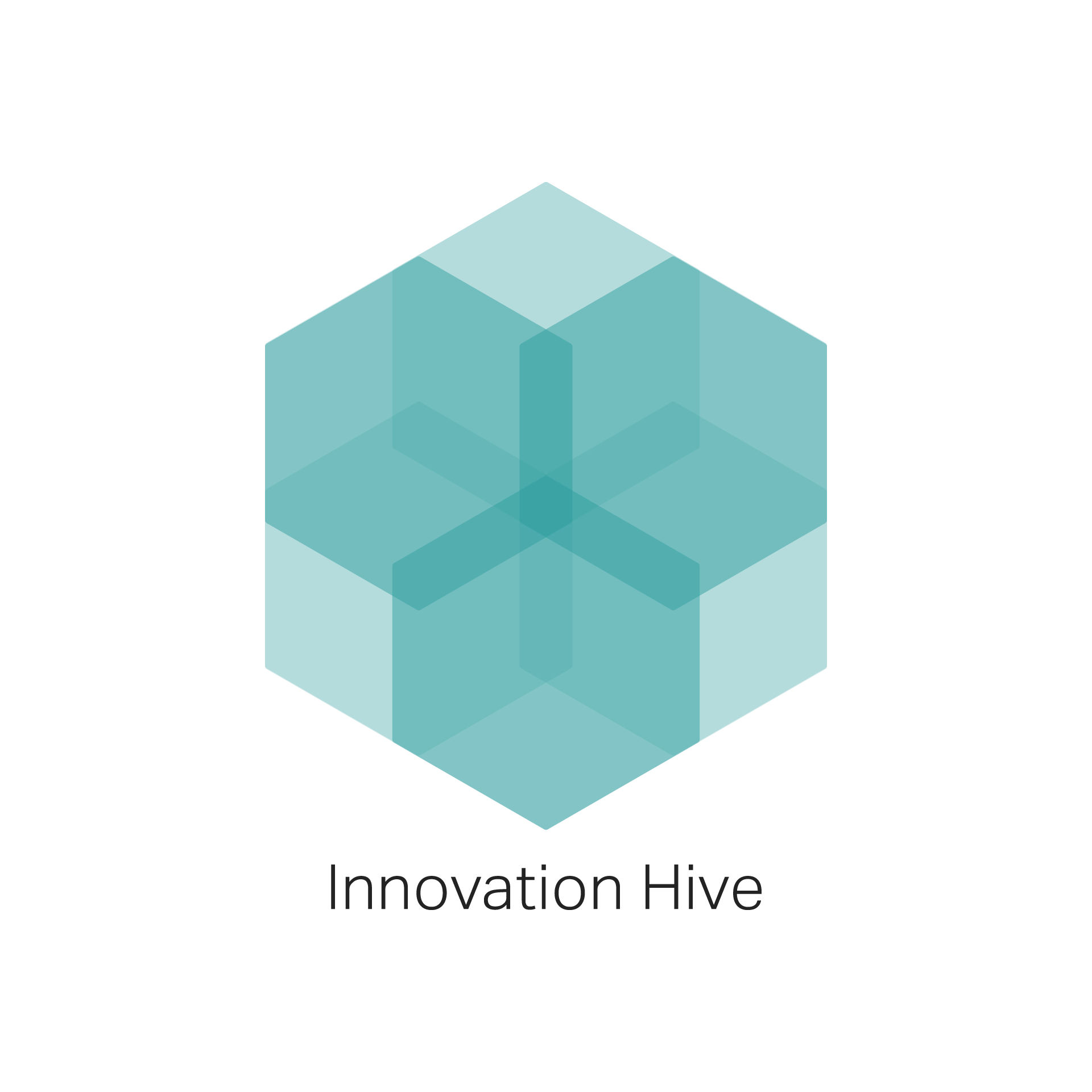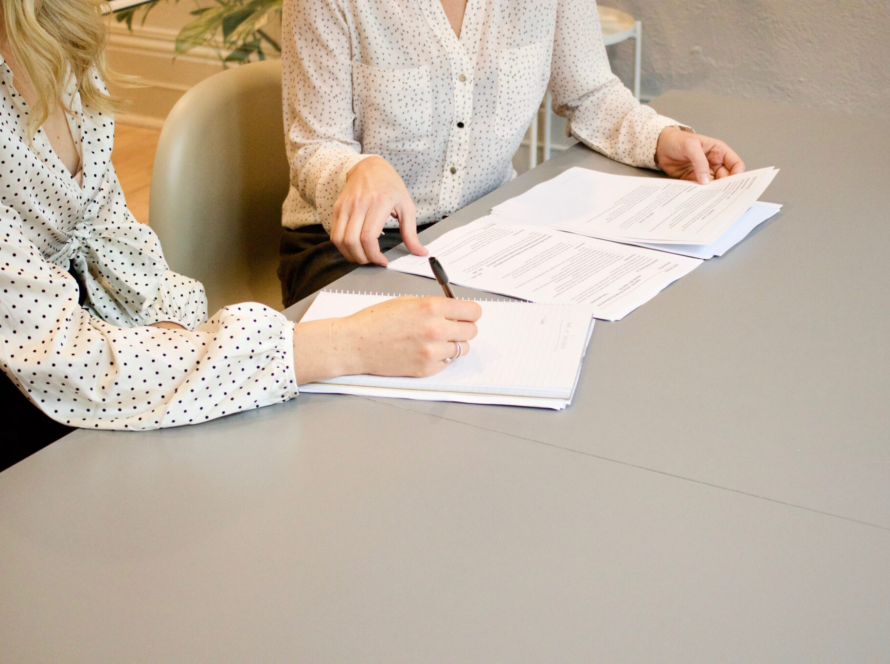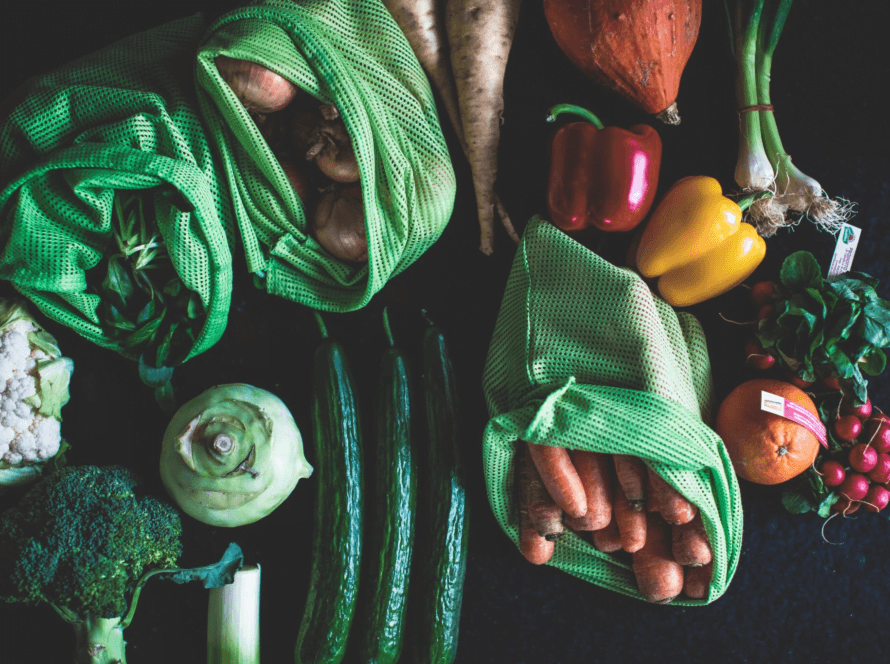Τhe recent EU policies aim to protect the environment and seek to minimize the risks related to climate, human health and biodiversity. The European Green Deal presented in December 2019, aims to make Europe the world’s first climate-neutral continent, in part by developing cleaner sources of energy and green technologies. However, a problem that includes and needs to be addressed is food waste. According to surveys, every year about 1/3 of the food that is intended for human consumption (1,3 billion tones) ends up in landfills along with the energy, water and the chemicals that were used for their production and disposal. Wasting food is not only an ethical and economic issue but it also depletes the environment of limited natural resources.
The “ZERO WASTE: An innovative approach to food waste management in order to educate young people to value food and reduce the waste” project aims to inform and educate the school teachers, through a useful training material, about the social, environmental and financial consequences due to food waste and the best practices for reducing it. Teachers will have the ability to include the training material for food waste in their class in order to raise the awareness and pass the knowledge to their students. The educational process will be more efficient through an innovative training course and material along with the development of a gamified e-learning platform and a game. The final goal of this project is, both, teachers and students (and as a consequence their families) to act as transmitters for a new way of life based on the cyclical economy, the proper management of the daily food consumption and the elimination of food waste with the motto ‘use wisely, reduce, recycle’.
The main project results which will aim to achieve the foreseen impact of the project are:
PR1: ZERO WASTE European Synthesis Report on the Needs and Challenges of Food Waste Management in School Education: Within PR1, partners will compile a synthesis report of existing literature on the needs and challenges that schools face in establishing and managing the issue of Food waste along with their needs for developing new material or improving the existing ones. At the same time, along with the literature review, partners will conduct a field research based on a structured questionnaire aiming to collect data directly from the project’s primary target group: teachers and students on the secondary level of education. All the results will be included in the overall synthesis report called “European Synthesis Report Analysis on the Needs and Challenges of Food Waste Management in School Education”.
PR2: ZERO WASTE training material development, pilots, and policy recommendations: The following step is the development of the educational material for the Training Course for teachers, the development/adjustment of the Learning Management System which will host the training course, the co- development of Teaching resources for students together with teachers and the piloting of both teachers’ course and teaching resources for students in partners’ countries. The training course will equip teachers with competences that will allow them to incorporate the mindset and the knowledge related to food waste management and transfer this knowledge to their students.
PR3: ZERO WASTE Zero Waste Serious game on Food Waste Management: The ZERO WASTE Game will be a serious game, which will aim to introduce the proper food waste management to young people through gamification method. The aim of this result is to create an innovative online educational game (Serious) in order to advance the skills, promote and motivate in a playful manner the learners for developing Food waste management skills and achieving the greatest positive impact through the use of a digital game- based environment. Players will simulate the creation of a city with the best possible food waste management by the collection of points earned by progressive challenges.
PR4: ZERO WASTE Toolkit for organizations in education: The ZERO WASTE Toolkit for school staff, teachers, students, parents, trainers will include: 1) The training curriculum and training material developed within the project, 2) The evidence and data collected through the piloting activities in the form of a consolidated report, 3) Teaching Resources, 4) Policy briefs for the promotion and wider establishment of initiatives for the development of the proper food waste management.
Innovation Hive will participate in all project results; more especially it is the responsible organization about the dissemination of the project and the leader of Project Result 3 for the development of the Zero Waste Serious Game on Food Waste Management.
The project led by Liceul Teoretic Marin Preda – Turnu Magurele from Romania with the contribution of 7 more partners “Koinoniki Synetairistiki Epixeirisi Syllogikhs kai Koinonikis Ofeleias-DOTRDOT from Greece, CSI Center for Social Innovation LTD from Cyprus, Innovation Hive from Greece, Petit Pas from Italy, Gestión Estratégica e Innovación SL from Spain, Gelecegin Egitimi Dernegi from Turkey and Balkan Bridge EOOD from Bulgaria.



